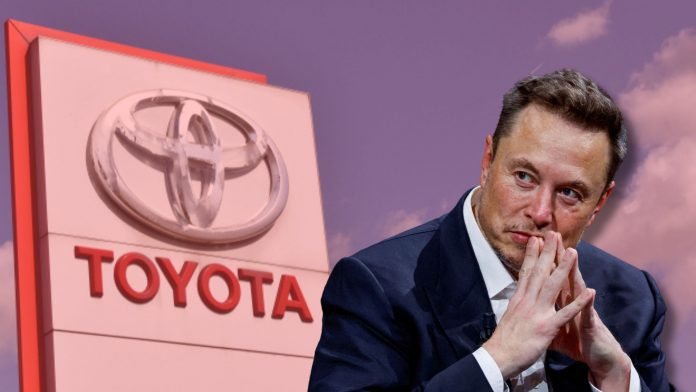Toyota and its subsidiary Lexus have signed a deal with Tesla to adopt the North American Charging Standard (NACS), joining a growing list of major automakers taking action to improve electric vehicle charging accessibility.
The NACS was developed by Tesla for its Supercharger network, comprised of more than 12,000 stations across North America. Although manufacturers, lawmakers and electric vehicle charging providers have continued to support the Combined Charging System, developed independently by experts at SAE International and the European Automobile Manufacturers Association, nearly all prominent car brands (excluding Stellantis and Volkswagen) have announced plans to integrate the NACS into future electric vehicle models.
Under its deal with Tesla, Toyota will introduce NACS-compatible cars in 2025, starting with a new electric SUV. Lexus will receive its own version slightly later in 2026. Unlike other OEMs, most of whom intend to implement the electric vehicle charging standard across their entire lineups, it appears that the two companies will only include NACS outlets in a select range of models. However, adapters will soon be available for all Toyota or Lexus EV drivers. Under the leadership of its new CEO, Koji Sato, the Japanese automaker has heavily accelerated its electric vehicle plans to compensate for years of delay, a consequence of long-held anti-electrification sentiments among its executive team, including previous chief Akio Toyoda.
Adoption of the NACS may help solve a key hurdle to EV proliferation: inadequate infrastructure. Although the number of public charging stations has rapidly increased in 2023, availability varies heavily from area to area. Charging stations are especially difficult to find in rural states where EV demand is typically lower than in urban regions. By agreeing to a universal design, the automotive industry can improve electric vehicle charging accessibility for all drivers, regardless of brand or model.





